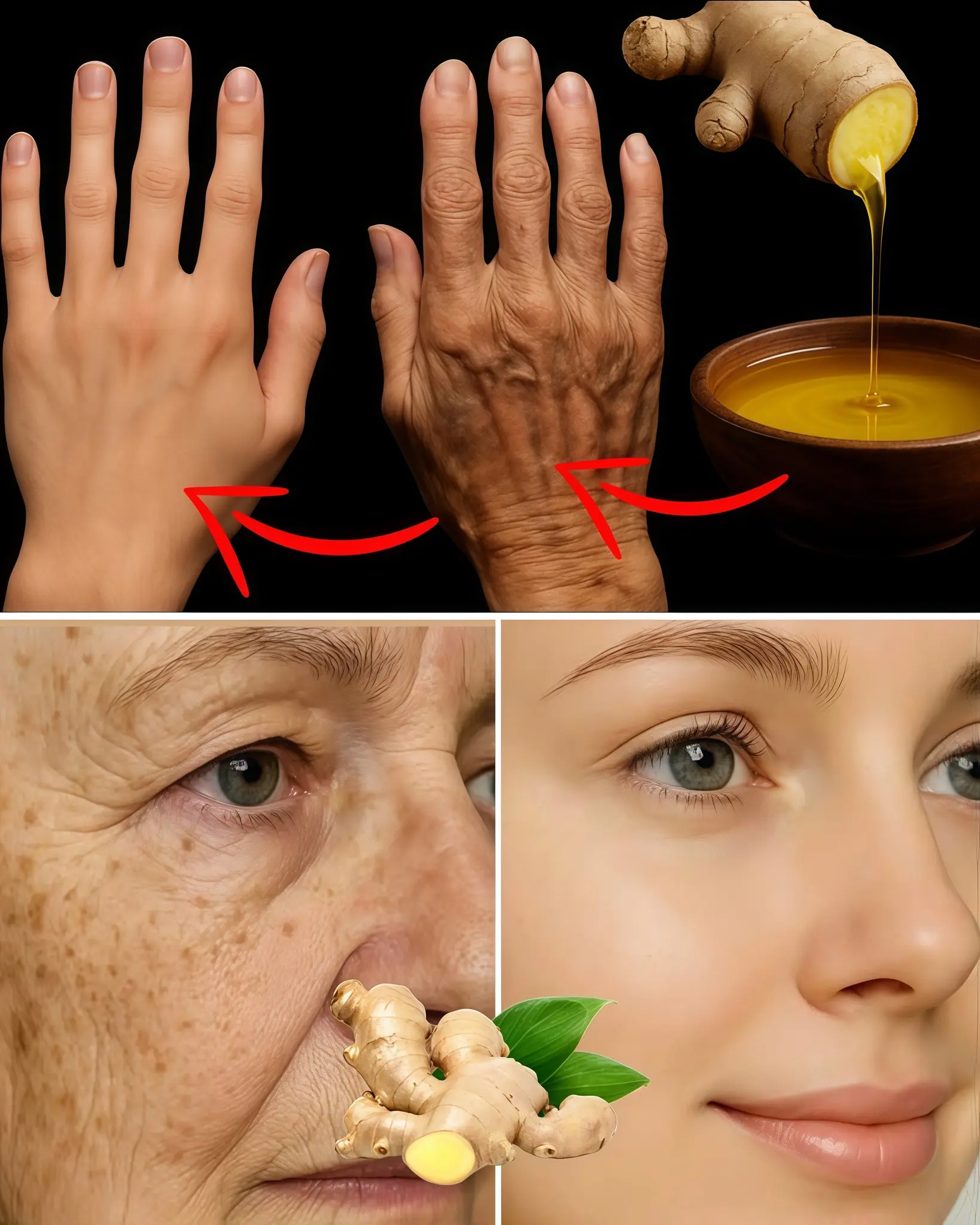
Proven Health Benefits of Dates (Dried, Fresh, Medjool) – Science Based
Dates are a naturally sweet, nutrient-rich fruit packed with impressive health benefits. They promote digestive health, support the heart and brain, and may even help with weight management thanks to their fiber content and natural sweetness.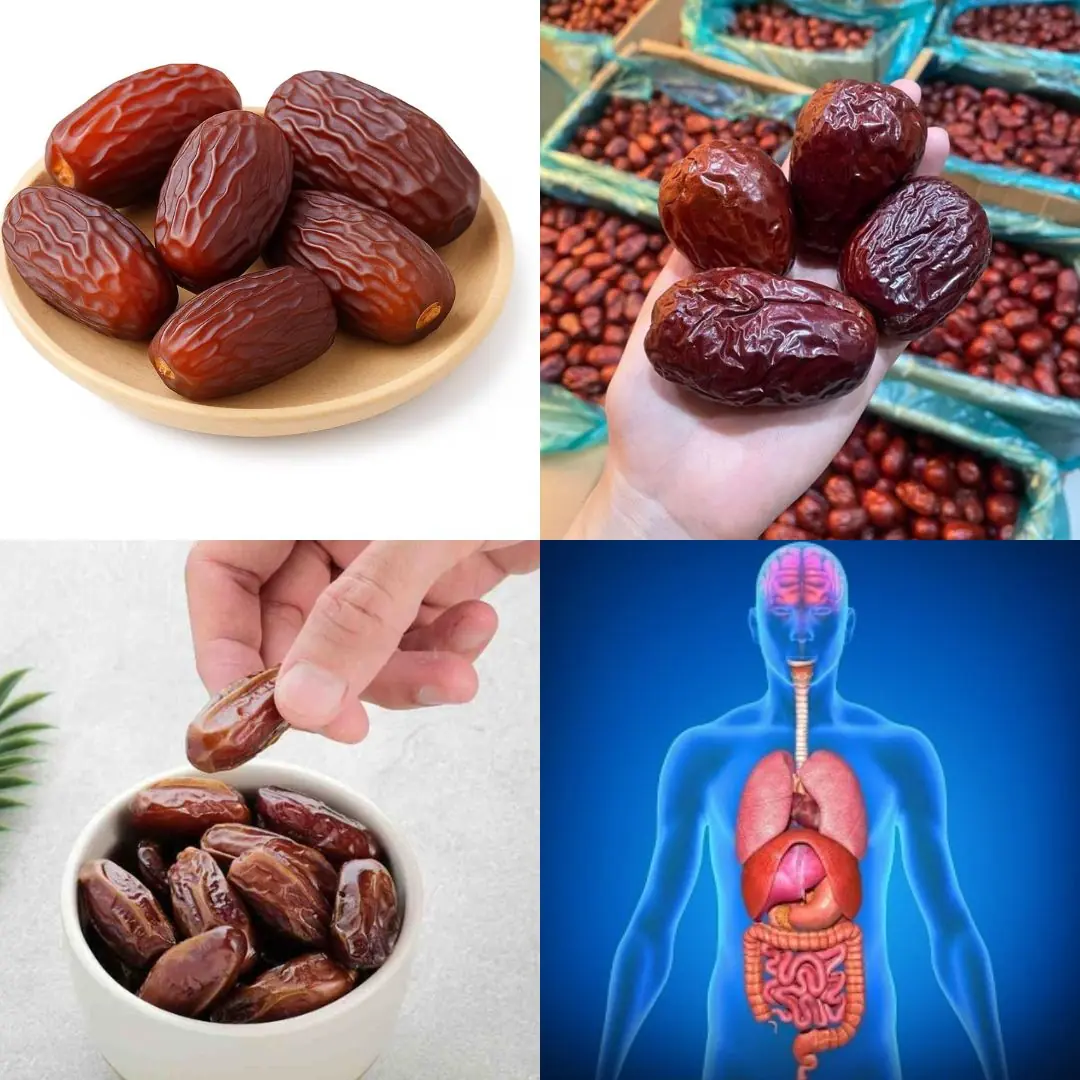
What Are Dates?
Dates are small, oval fruits that grow in clusters on the date palm tree (Phoenix dactylifera). These trees thrive in the Middle East, North Africa, and other warm regions around the Mediterranean and Asia.
Each date palm can produce between 400–600 kg of fruit per year. There are many varieties of dates, but Medjool, Deglet Noor, and Kholas are among the most popular.
Fresh dates have smooth skin, while dried dates appear wrinkled and contain more sugar and antioxidants.
Nutritional Value of Dates
Dates—whether fresh or dried—are rich in vitamins, minerals, antioxidants, and fiber.
-
Calories: 66 calories per Medjool date (24 g)
-
Fiber: 1.6 g per date (6% of daily intake)
-
Carbohydrates: 21 g per 28 g serving
-
Sugar: About 70% of their content, mostly glucose, fructose, and sucrose
-
Vitamins: B-group, vitamin A, and vitamin K
-
Minerals: High in potassium, magnesium, copper, manganese, and iron
For example, 100 g of dates provides:
-
18% of daily copper needs
-
15% of manganese
-
5% of iron
Dates also contain 23 amino acids, several of which are not found in most other fruits.
Because of their natural fluorine and selenium content, dates can help protect teeth and may play a role in cancer prevention.
12 Proven Health Benefits of Dates
1. Support Digestive Health
Dates are an excellent source of insoluble fiber, which helps food move smoothly through the digestive tract and prevents constipation. They also act as prebiotics, promoting the growth of healthy gut bacteria and reducing the risk of colorectal cancer.
2. Help Lower Cholesterol and Triglycerides
Despite their sweetness, Medjool dates do not raise triglyceride levels. Studies show that they can lower total cholesterol and prevent fat buildup in arteries, which supports heart health.
3. Promote Heart Health
Rich in potassium, magnesium, and antioxidants, dates support normal blood pressure and reduce cardiovascular risk. Antioxidants in Ajwa dates, for example, have been shown to protect heart cells, reduce inflammation, and improve recovery after heart damage.
4. Improve Brain Function and Memory
Dates contain antioxidants that protect brain cells from oxidative stress and inflammation. Research suggests that a diet rich in dates can reduce memory decline and slow the progression of Alzheimer’s disease.
5. Reduce Inflammation
Natural flavonoids in dates provide anti-inflammatory effects, helping protect against chronic diseases like cancer, diabetes, and arthritis.
6. Serve as a Natural Sweetener
Dates are a healthier alternative to refined sugar. You can make date paste by blending 24 dates with ¾ cup of water and use it as a natural sweetener in baking. One cup of date paste equals one cup of sugar.
7. Suitable for Diabetics
Dates have a low glycemic index, meaning they don’t cause sharp spikes in blood sugar. Studies show that eating 6–8 small dates does not significantly affect glucose levels in people with type 2 diabetes.
8. Protect the Nervous System
Date fruit extract can protect nerves from damage caused by diabetes (diabetic neuropathy), reducing pain, numbness, and weakness in the hands and feet.
9. Support Weight Loss
Although dates are high in sugar, their fiber and nutrient density make them a satisfying snack that curbs cravings. Eating 2–5 dates a day provides energy while keeping you full longer.
10. Aid Pregnancy and Labor
Consuming dates in the last few weeks of pregnancy may ease childbirth. Women who ate 6 dates daily in the final 4 weeks of pregnancy had greater cervical dilation and shorter labor times.
11. Promote Liver Health
Antioxidants in dates help repair and protect the liver from toxin-induced damage. Studies show that date extracts can reduce liver inflammation and improve liver function, even in liver cancer models.
12. May Help Prevent Cancer
Dates are rich in phytochemicals and bioactive compounds with anticancer potential. Research has found that eating dates can reduce the risk of breast and colon cancers by preventing cancer cell growth.
How to Store Dates
To preserve freshness and flavor:
-
Store in an airtight glass or plastic container for up to 1 month at room temperature.
-
For long-term storage, refrigerate or freeze them for up to a year.
Recommended Daily Intake
Because dates are high in natural sugar (about 66 g per 100 g), moderation is key.
A healthy serving is:
-
2–3 large dates (Medjool) or
-
3–4 smaller dates (Deglet Noor) per day.
Easy Ways to Add Dates to Your Diet
-
Blend softened dates into smoothies.
-
Chop and add to oatmeal, yogurt, or salads.
-
Use in baking (breads, muffins, cookies).
-
Replace sugar with homemade date paste in recipes.
-
Enjoy as a quick, nutritious snack on the go.
Final Thoughts
Dates are one of nature’s most perfect foods—rich in nutrients, fiber, and antioxidants. Whether you enjoy them fresh or dried, adding a few dates to your daily diet can improve digestion, boost heart and brain health, support pregnancy, and even help with weight management.
News in the same category

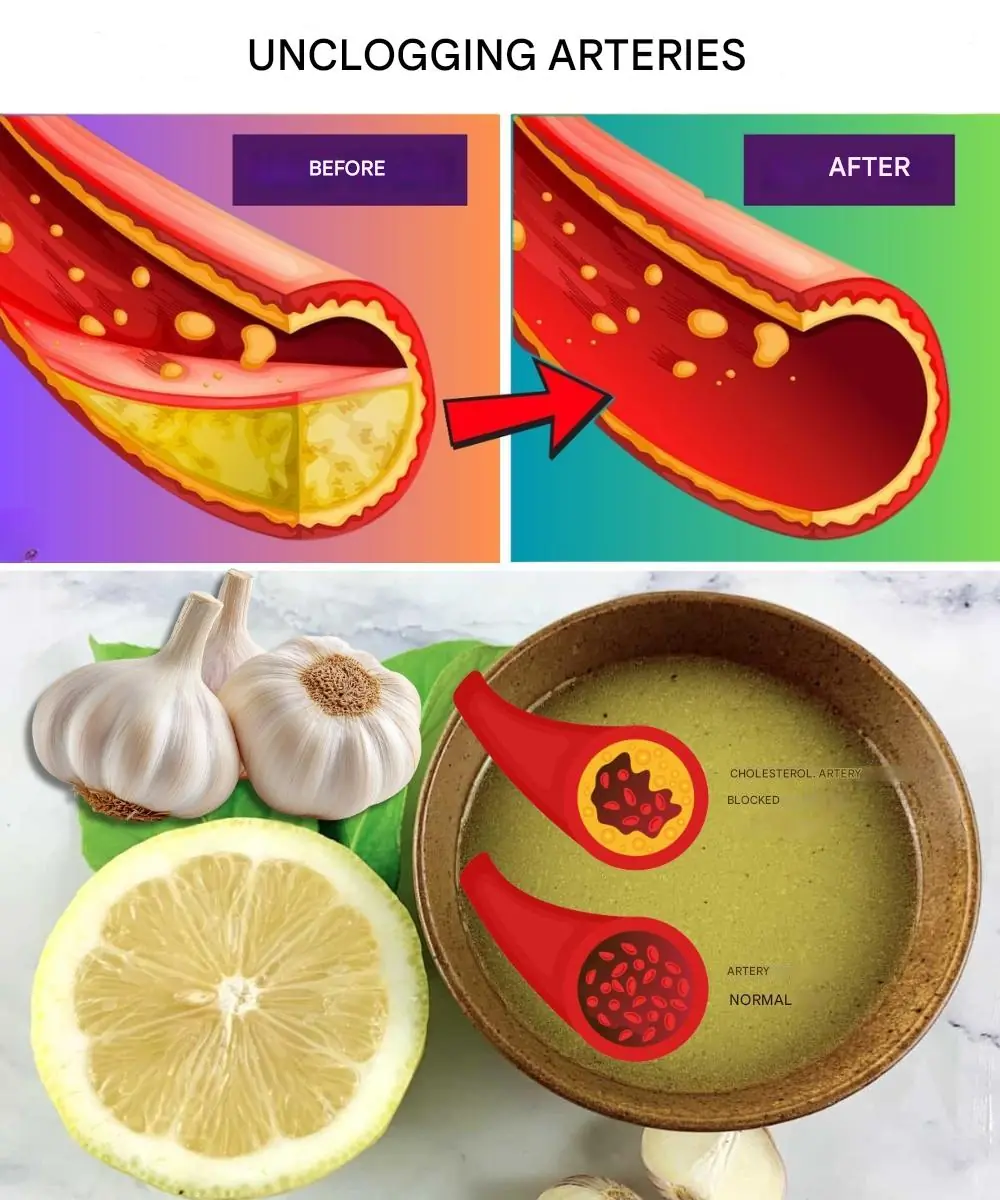
Clean Your Arteries Naturally with This Simple Homemade Juice — A Daily Tonic for Heart Health and Circulation
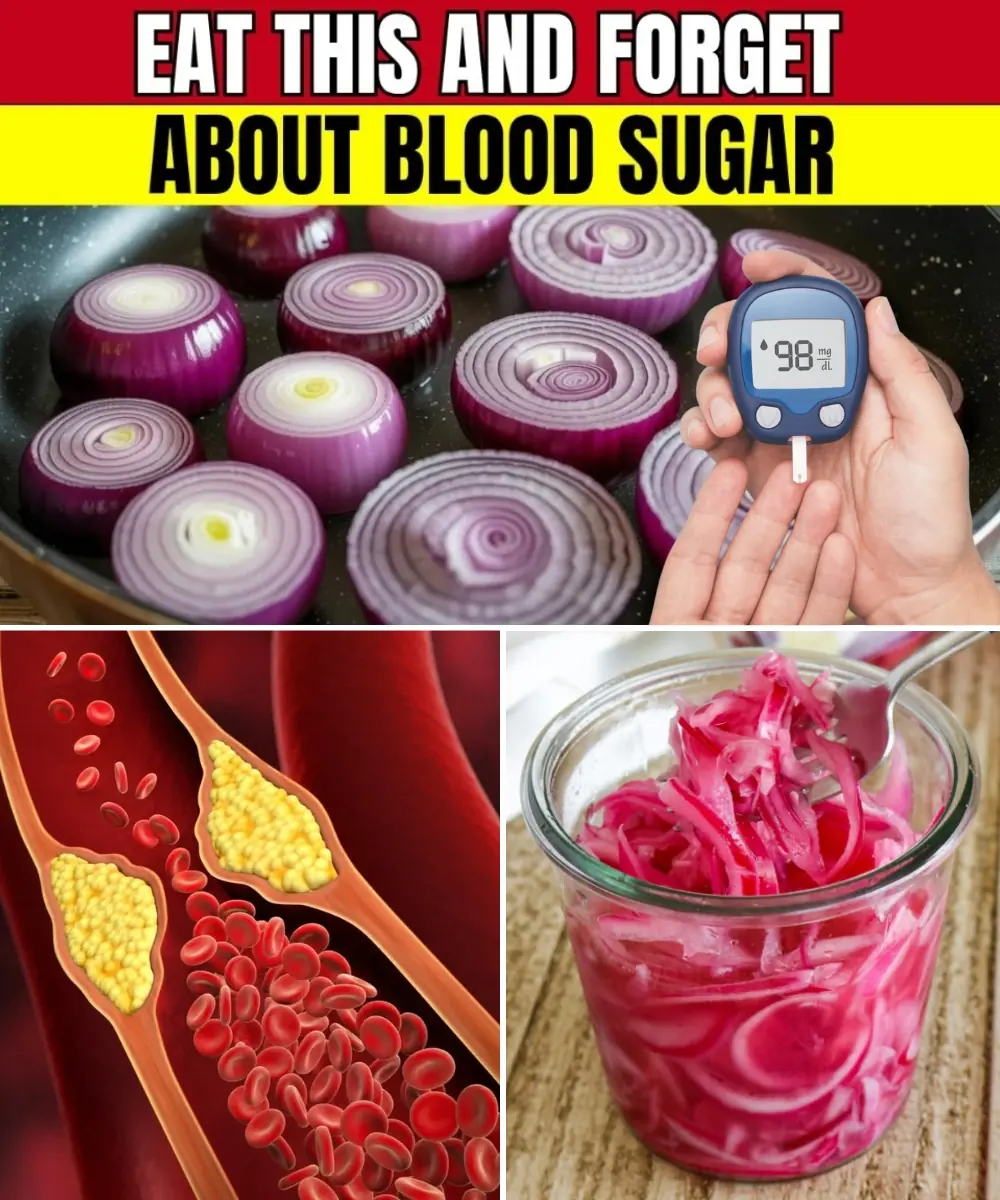
Red Onion Magic: The Little Kitchen Secret That Balances Blood Sugar Naturally

End Knee Pain Naturally: The Secret Power of Ginger Doctors Don’t Tell You
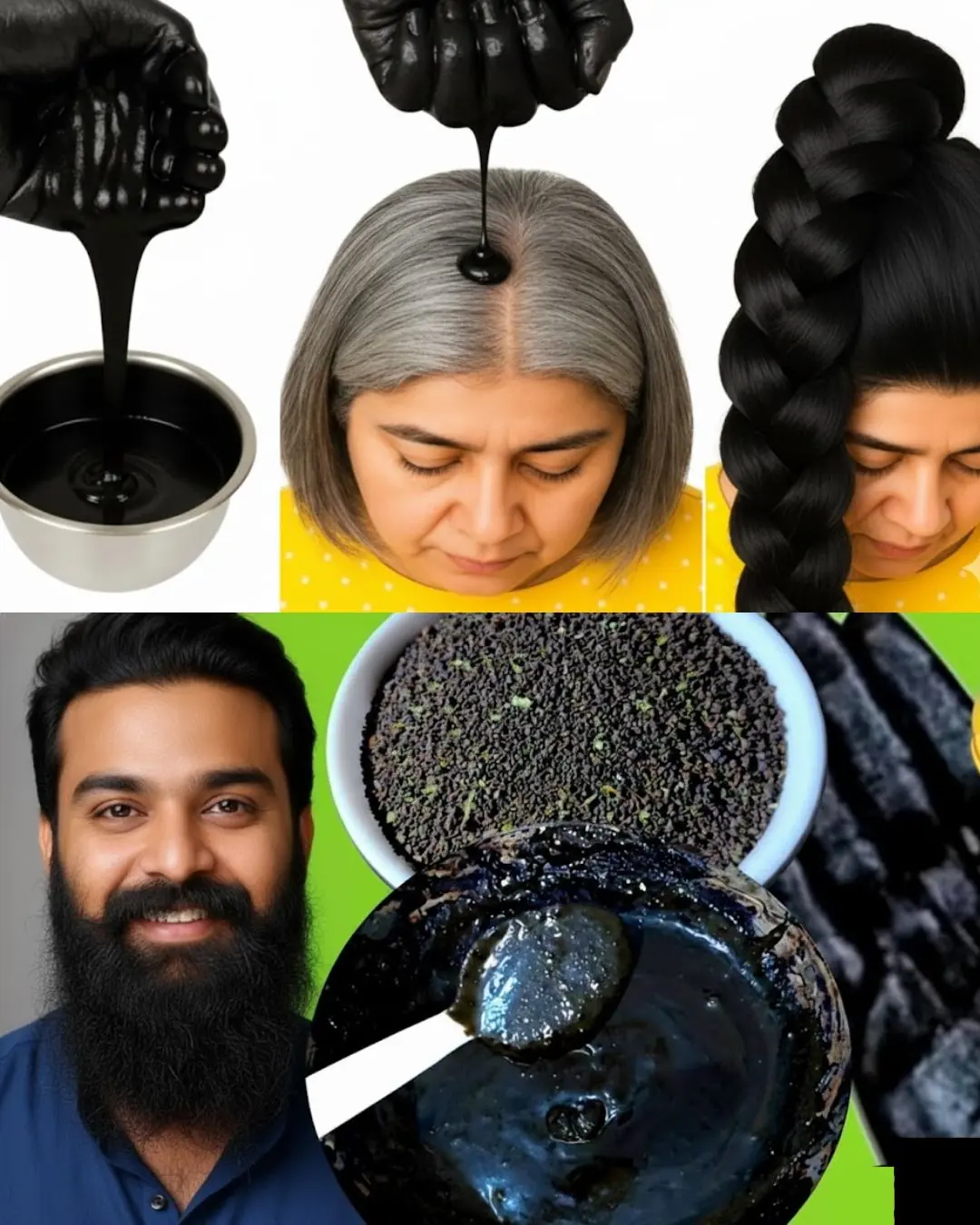
DIY Natural Hair Dye: Turn Gray Hair Black Naturally at Home

How to Eat Garlic and Honey on an Empty Stomach for 7 Days — The Natural Ritual That Strengthens, Cleanses & Revitalizes the Body

11 Benefits of Dandelion Roots
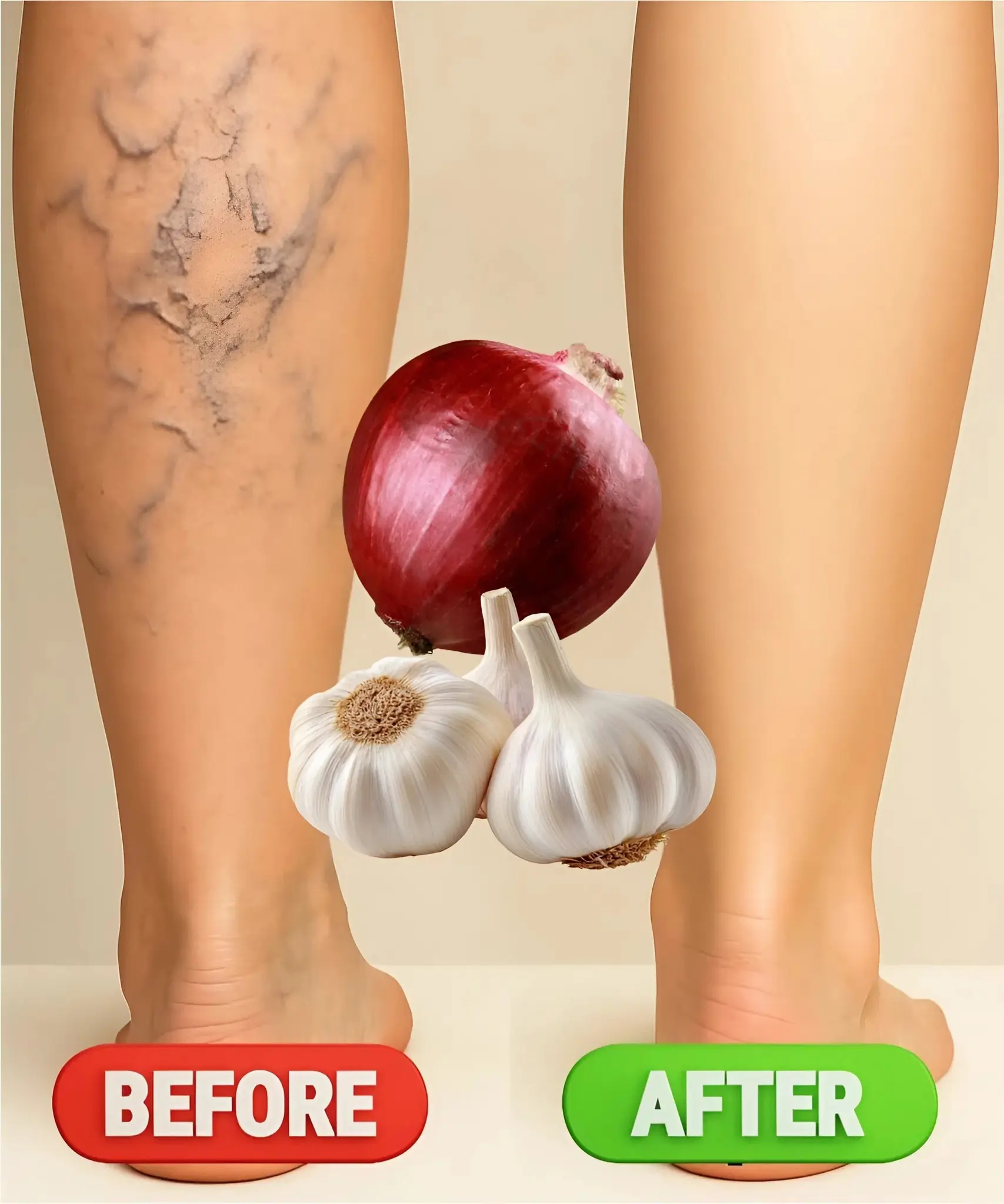
Homemade Remedies for Varicose Veins with Onion, Garlic, and Apple Cider Vinegar
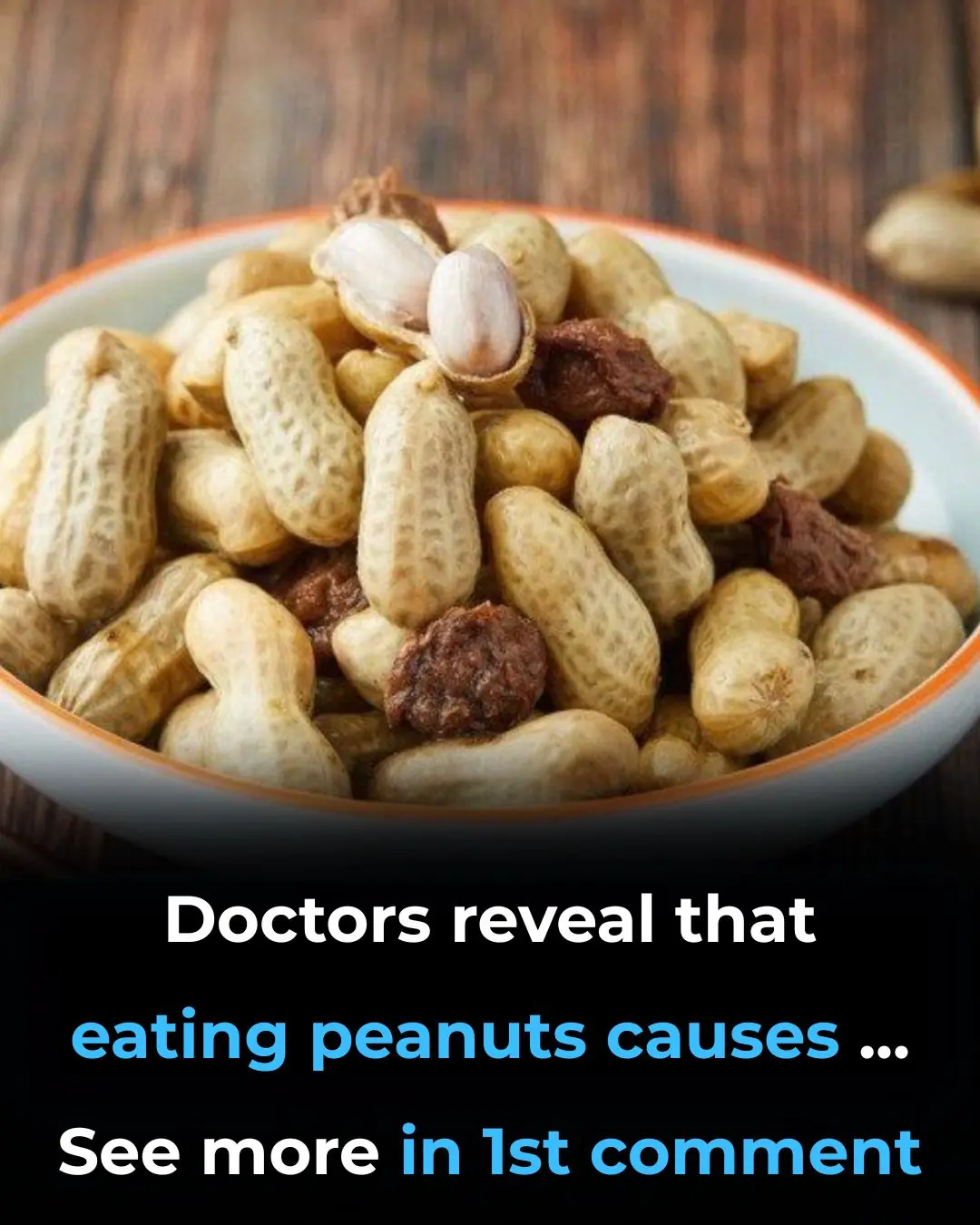
Doctors Reveal That Eating Peanuts Causes...see more

The #1 Food to Unclog Your Arteries Naturally

S:ida Acuta: Exploring the Healing Properties of this Herbal Remedy
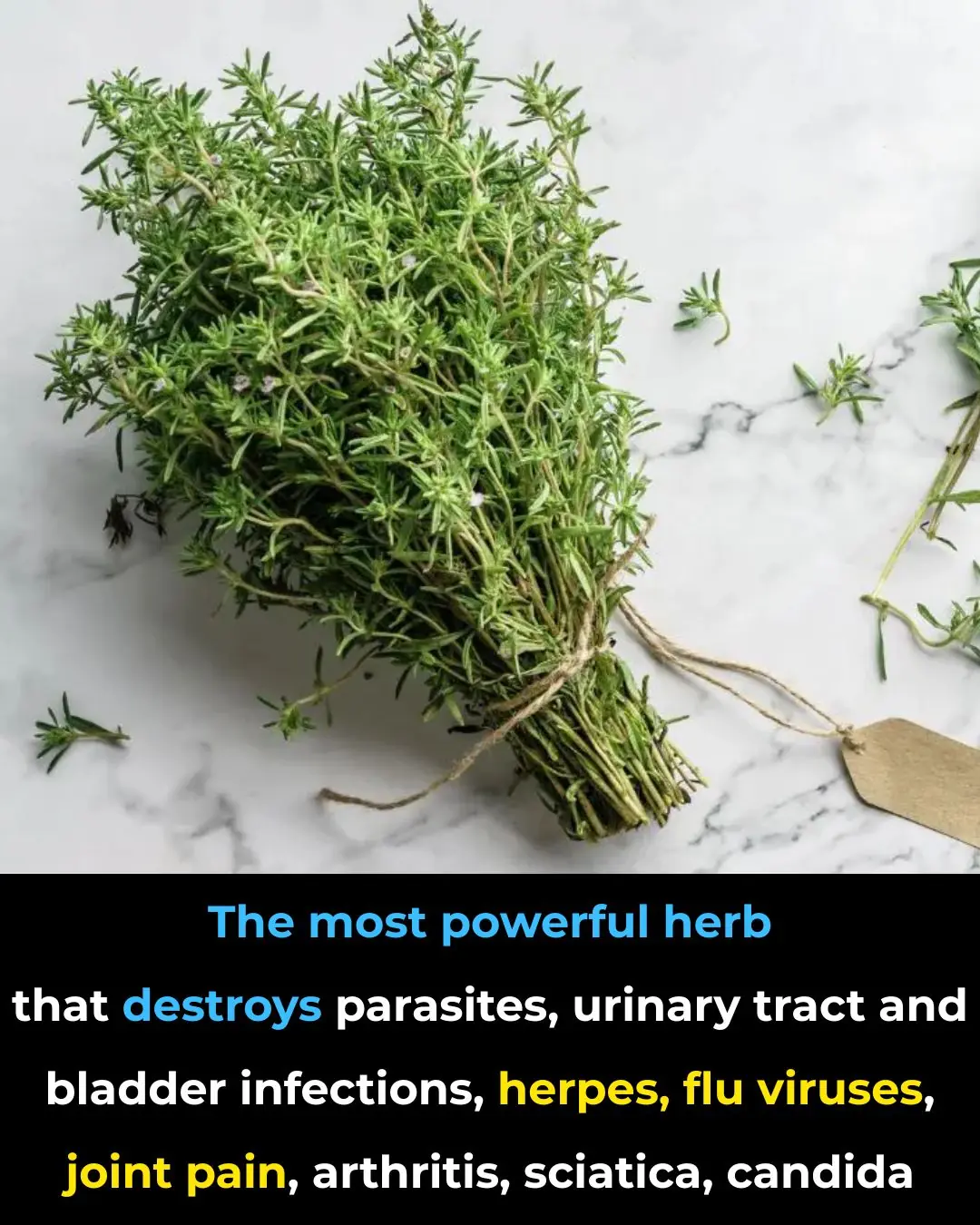
Oregano Oil: What Science Says About Its Antimicrobial Properties

Cold water refrigerator, long cooling
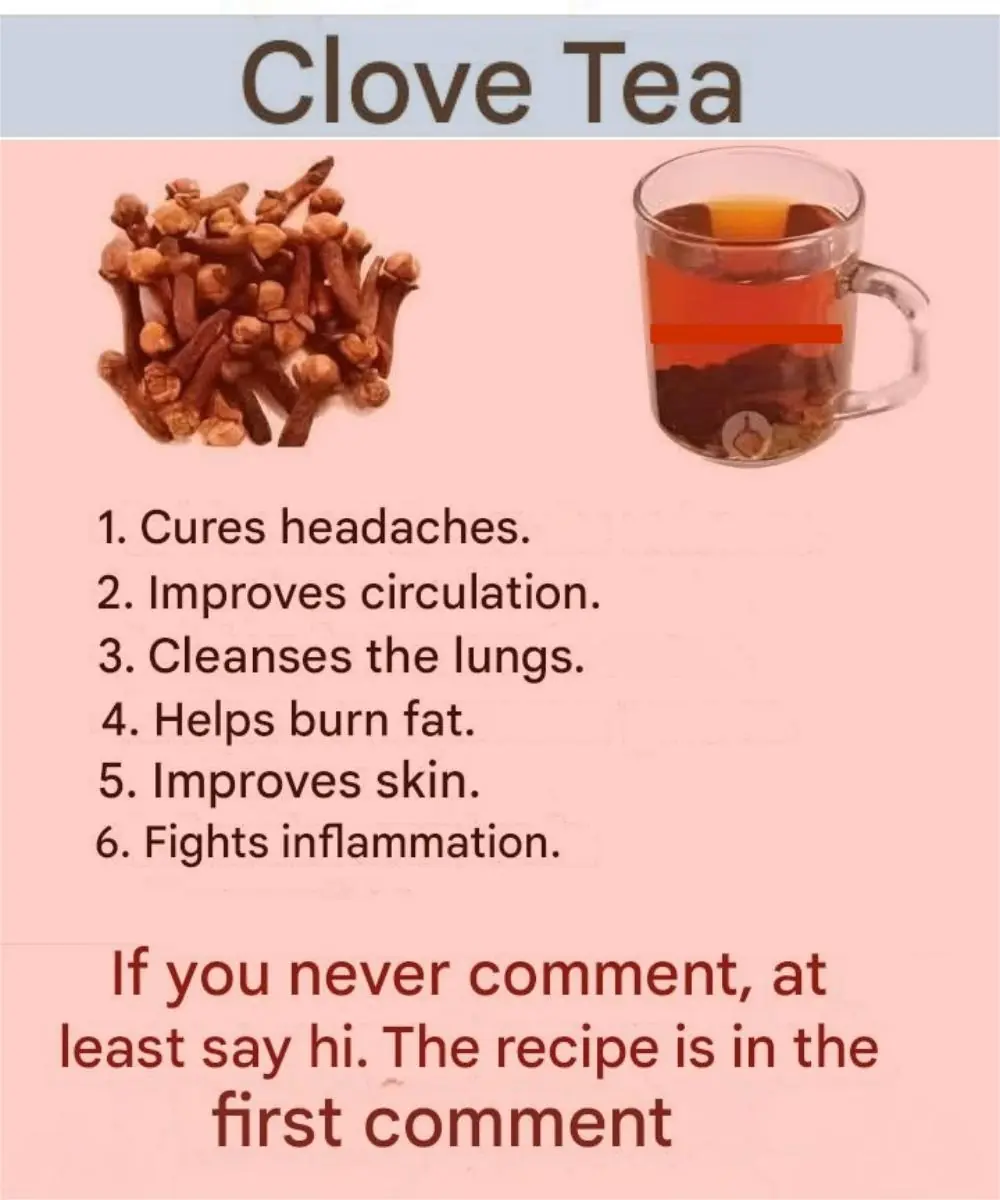
18 Powerful Ways to Use Clove Tea to Boost Health and Heal Naturally
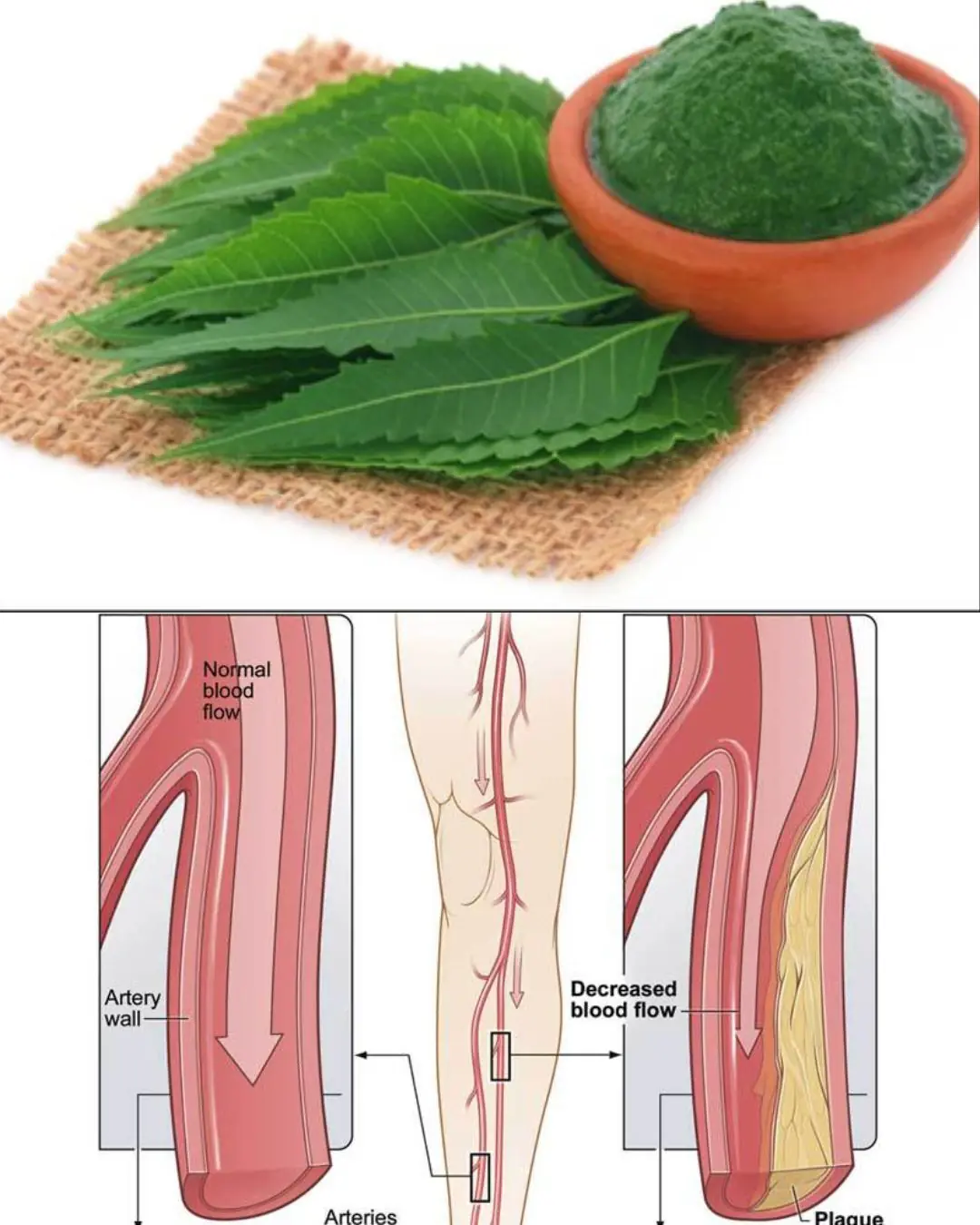
Neem: An Ancient Plant With Potential Health Benefits – What Science Says
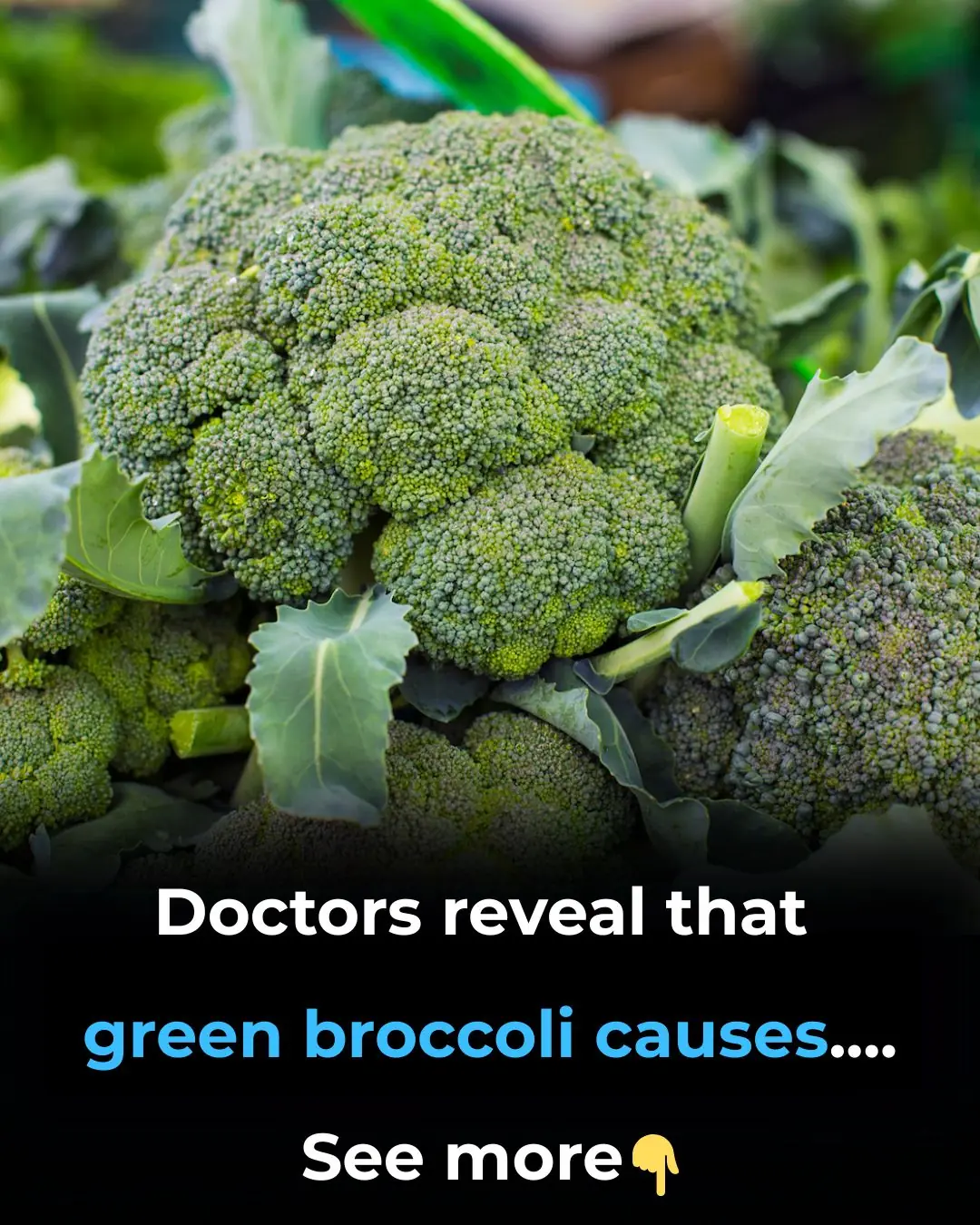
Doctors reveal that green broccoli causes...see more
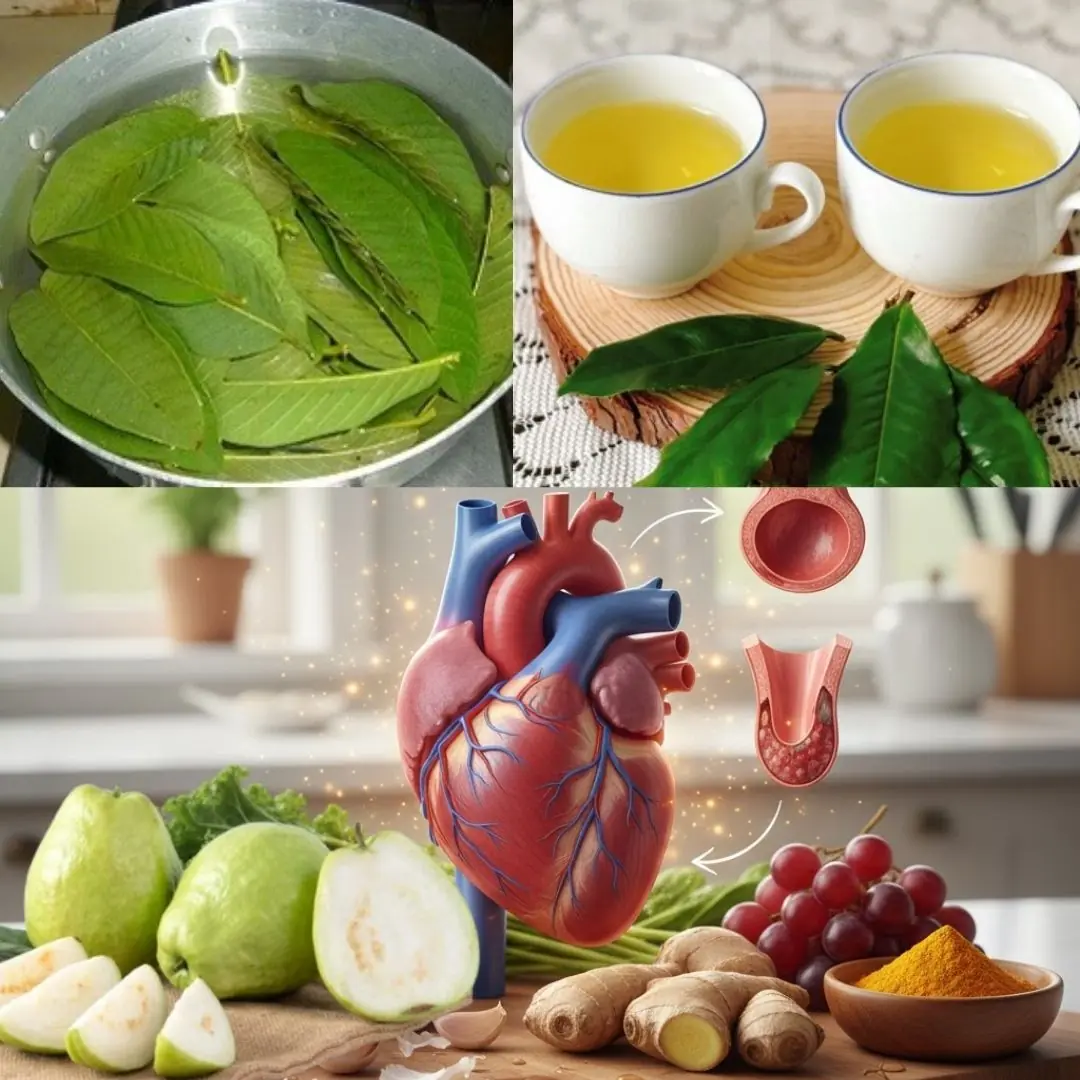
The Best Tea for Mornings and After Dinner: A Powerful Blend for Health
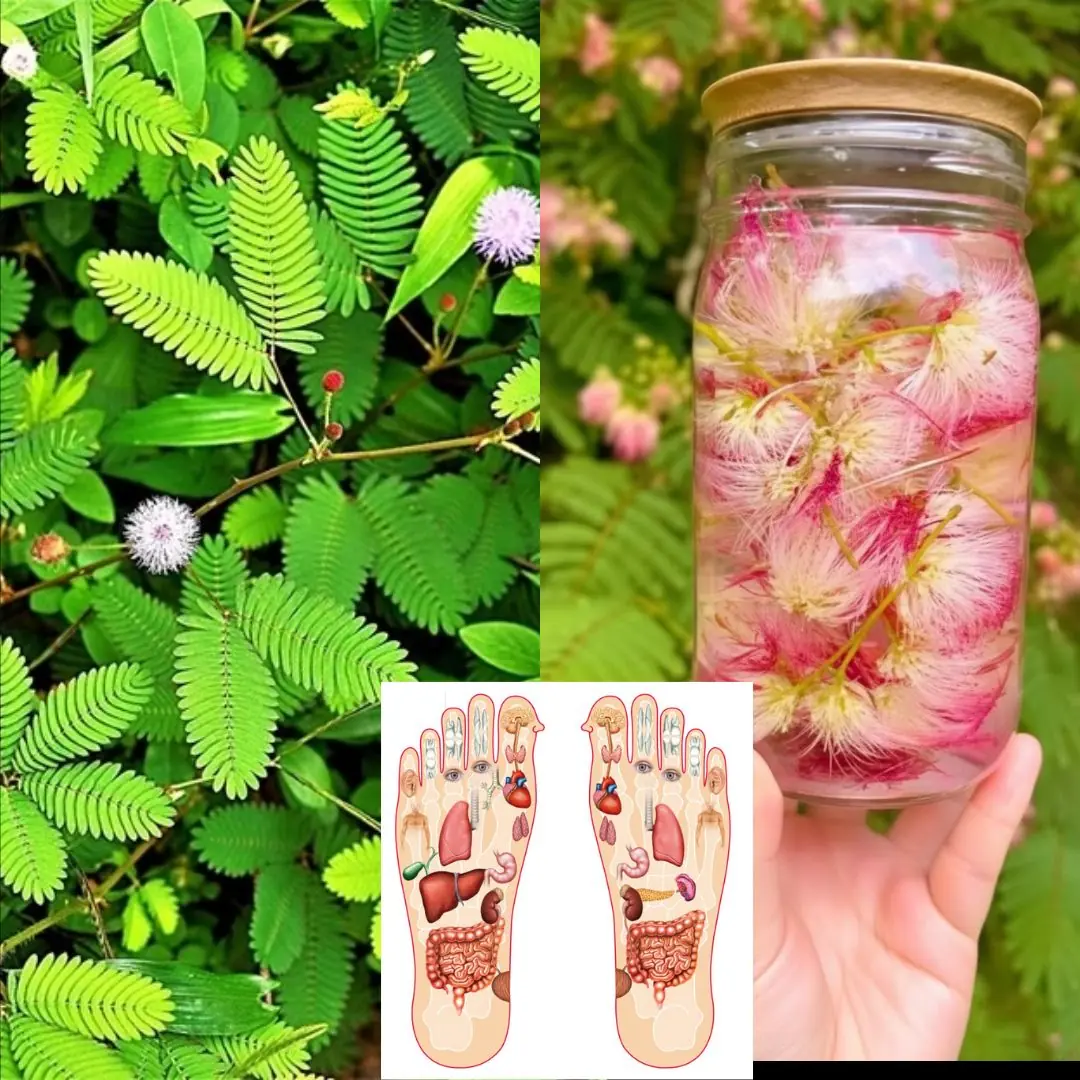
Mimosa Pudica Tea: How to Prepare and Health Benefits

Cloves and Onion: An Ancient Remedy with Modern Benefits
News Post

Shrink Open Pores Naturally with Banana Peel and Simple Home Remedies

The Chia Seed–Aloe Vera Anti-Wrinkle Mask: A Natural Remedy for Smoother, Younger-Looking Skin
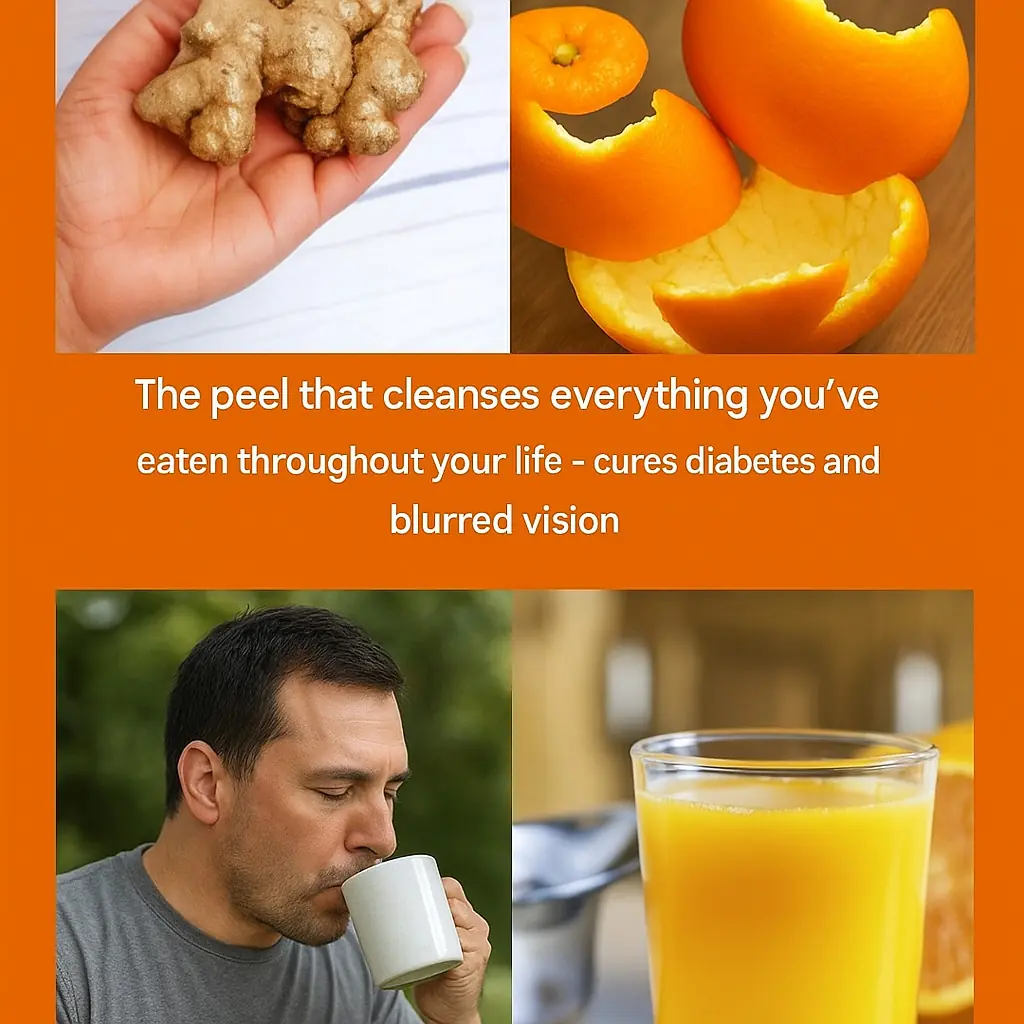
The Orange Peel Elixir That Cleanses Your Whole Body and Fights Diabetes, Cholesterol, and Blurry Vision

Stubborn Grass (Sporobolus indicus): The Resilient Weed with Hidden Healing Powers

Boost your hair growth with rice water ginseng hair spray

DIY Turmeric Gel For Ageless Skin: Unlock the Secrets of Radiant and Youthful Complexion

DIY Brow Boosting Serum: Thicken Eyebrows Naturally with Garlic, Castor Oil & Coconut Oil

Collagen Boosting Drink to Reverse Your Age: Get Spotless, Glowing Skin Naturally

Ginger – 100 Times More Powerful Than Botox: The Natural Secret to Eliminate Wrinkles, Freckles, and Dark Spots

Clean Your Arteries Naturally with This Simple Homemade Juice — A Daily Tonic for Heart Health and Circulation

Red Onion Magic: The Little Kitchen Secret That Balances Blood Sugar Naturally
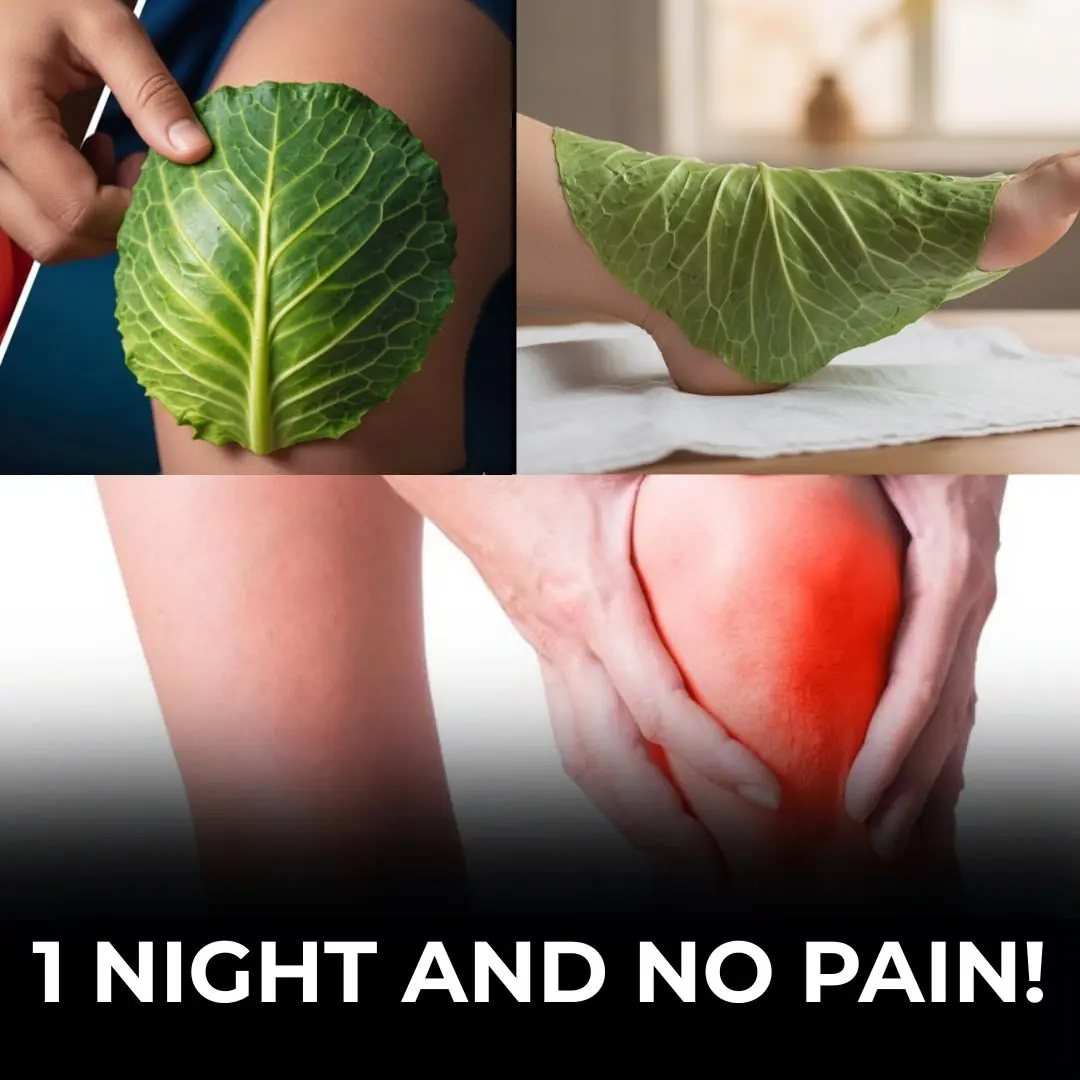
Cabbage Leaf Miracle: How to Relieve Joint Pain Overnight Naturally

End Knee Pain Naturally: The Secret Power of Ginger Doctors Don’t Tell You

Mouth Cancer: Symptoms, Causes, Stages, and Treatment

How to Cure Sciatic Nerve Pain: A Guide to Natural Remedies

Is It Safe to Stay Inside a Car During a Thunderstorm?

Mixing Leftover Rice with Laundry Detergent: A Surprising Cleaning Hack That Works Wonders
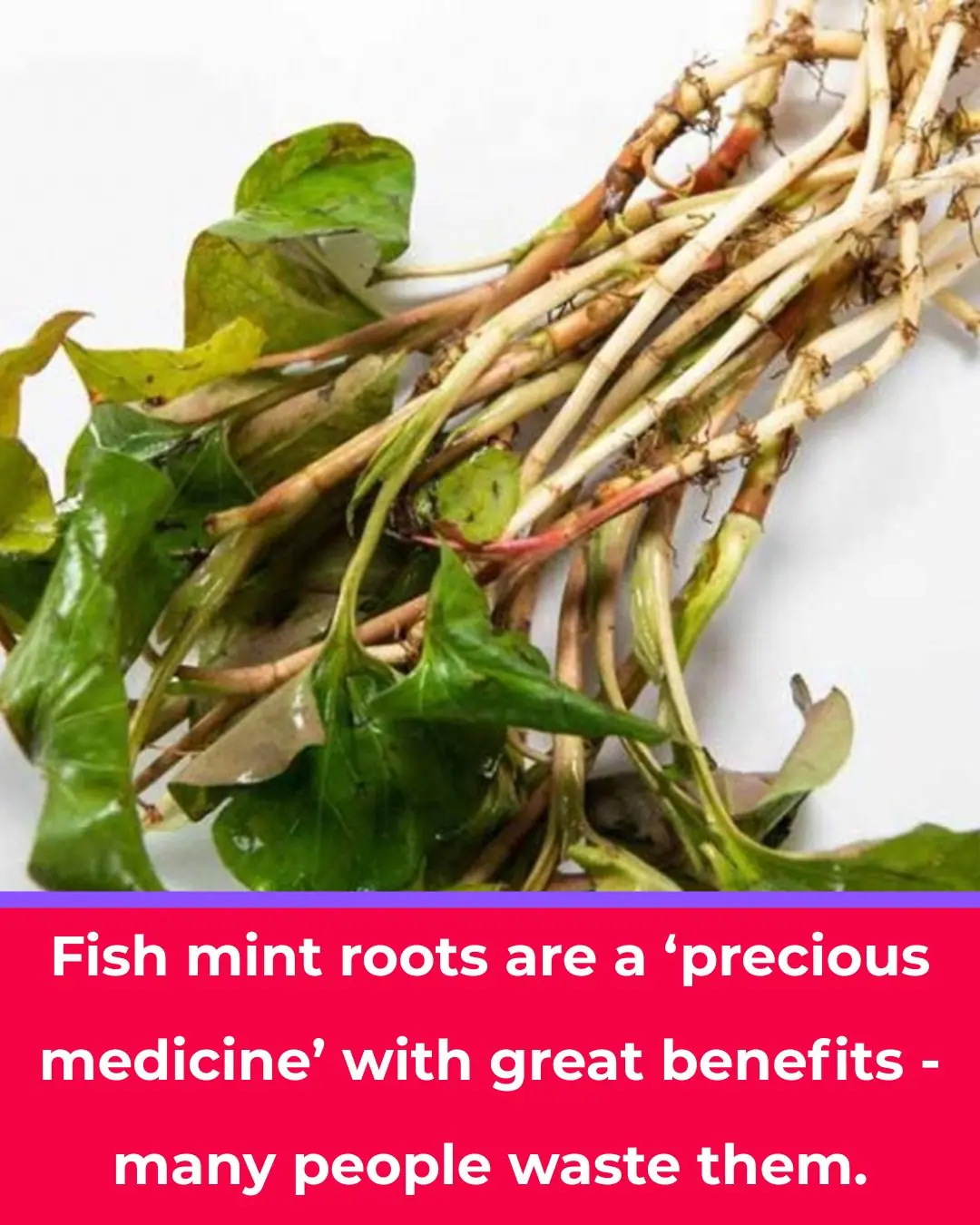
Houttuynia Root: The Overlooked Part with Powerful Health Benefits
